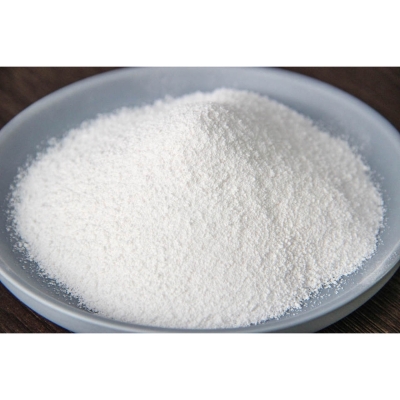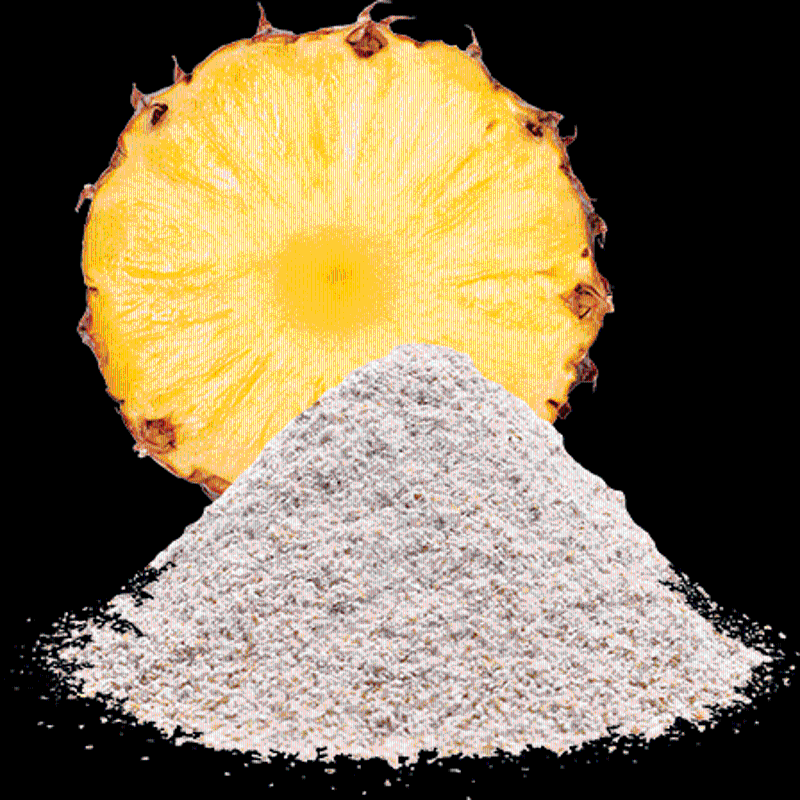-
Categories
-
Pharmaceutical Intermediates
-
Active Pharmaceutical Ingredients
-
Food Additives
- Industrial Coatings
- Agrochemicals
- Dyes and Pigments
- Surfactant
- Flavors and Fragrances
- Chemical Reagents
- Catalyst and Auxiliary
- Natural Products
- Inorganic Chemistry
-
Organic Chemistry
-
Biochemical Engineering
- Analytical Chemistry
-
Cosmetic Ingredient
- Water Treatment Chemical
-
Pharmaceutical Intermediates
Promotion
ECHEMI Mall
Wholesale
Weekly Price
Exhibition
News
-
Trade Service
When making bread, in addition to techniques, it also needs good raw materials to support, otherwise it is difficult to achieve good results
Changes and role of water in dough
hydrolysis
The protein in the flour reacts with water to produce gluten, and the starch contained in it undergoes gelatinization under the action of water
Solvent action
Water helps dissolve various dry ingredients and allows them to be thoroughly mixed, which helps to knead a uniform dough
control dough temperature
The temperature of the water has a great effect on the fermentation of the bread dough
Control the consistency of the dough
The amount of water can be adjusted to control the consistency of the dough, and the strength and viscosity of the dough can be controlled by adding the appropriate amount of water for better handling
aid in biological responses
Biochemical reactions, including yeast fermentation, require a certain amount of water, and water can be used as a carrier for reaction media, especially for enzyme media
The effect of water quality on bread
The effect of water hardness
The hardness of water refers to the content of salts dissolved in water, that is, the content of calcium salts and magnesium salts
When the sum of calcium and magnesium ions in 1 liter of water is equivalent to 10 mg, it is called 1 "degree"
High water hardness is conducive to the formation of dough gluten, but it will affect the fermentation speed of bread dough and make the finished bread taste rough
If you can't trust the water you use, you can boil it and let it cool before using it
pH of water affects
The pH of water is the negative logarithm of the concentration of hydrogen ions in water, so pH is sometimes referred to as the index of hydrogen ions
Neutral aqueous solution pH=7; acidic aqueous solution pH<7, the smaller the pH value, the stronger the acidity; the alkaline aqueous solution pH>7, the larger the pH value, the stronger the alkalinity
During the fermentation process of bread dough, amylase decomposes starch into glucose, and yeast reproduction is suitable for an acidic environment (pH value is about 5.
In fact, for water, everyone basically uses tap water, which may be hard water, soft water, or something in between
The most important point of chlorine is the enemy of yeast and fermentation.
(Qingling)
"China Food News" (February 21, 2022 05 edition)







